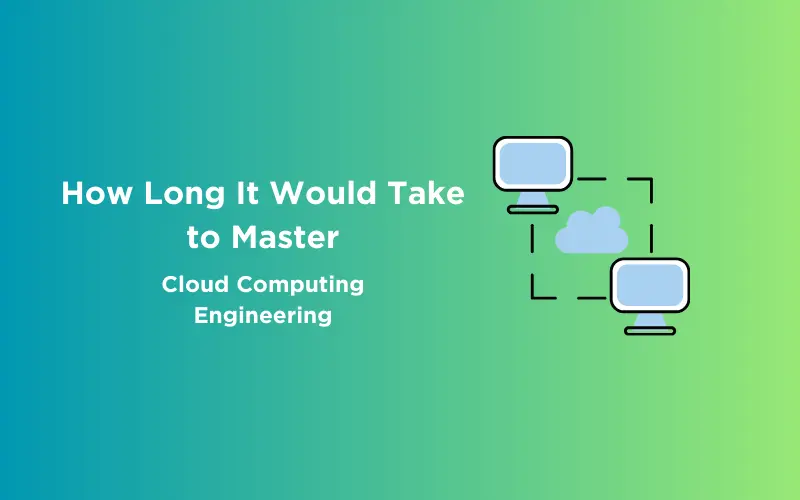
How Long It Would Take to Master Cloud Computing Engineering
Mar 12, 2025 6 Min Read 8803 Views
(Last Updated)
In our modern world, technology is everywhere, making our lives more convenient and connected. One important piece of technology is something called “Cloud Computing.” This technology helps us store and manage information and do many things online.
People who work with Cloud Computing, often called Cloud Computing Engineers, are like the architects of this virtual world. They create and manage the online systems that make our digital lives possible. They help businesses run smoothly, develop cool apps, and make sure everything works as it should.
So, here’s the big question: How much time does it take to become good at Cloud Computing Engineering? Learning this new field might seem challenging, but with the right help and determination, it’s possible.
In this blog, we’ll explore what it takes to learn Cloud Computing Engineering, including how long it might take, what you need to learn, and some helpful tips. Whether you’re thinking about becoming a Cloud Engineer or just curious, this blog will help you understand more about this exciting field.
Table of contents
- What Does a Cloud Computing Engineer Do?
- Average Timeframes for Learning Cloud Computing Engineering
- A. Short-Term Learning (3-6 months)
- B. Medium-Term Learning (6 months - 2 years)
- C. Long-Term Learning (2 years or more)
- Factors Influencing Learning Duration in Cloud Computing
- A. Prior IT Experience
- B. Educational Background
- C. Learning Resources
- D. Commitment and Dedication
- Typical Learning Paths in Cloud Computing
- A. Formal Education (e.g., Degree Programs)
- B. Online Courses and Certifications
- C. Self-Study and Practical Experience
- Accelerated Learning Tips for Cloud Computing
- A. Creating a Structured Study Plan
- B. Hands-On Experience
- C. Networking and Collaborating
- Conclusion
- FAQs
- How long does it typically take to learn the basics of cloud computing engineering?
- What's the expected learning duration for becoming a proficient cloud computing engineer?
- Is it possible to learn cloud computing engineering quickly, even without prior IT experience?
What Does a Cloud Computing Engineer Do?
A Cloud Computing Engineer, also known as a Cloud Engineer or Cloud Architect, is responsible for designing, implementing, and maintaining cloud infrastructure and solutions. Their primary duties include:
- They design cloud-based architectures and solutions that align with the organization’s needs and requirements.
- Cloud engineers set up and configure cloud services, including virtual machines, networks, databases, and storage.
- They ensure the smooth operation of cloud resources, monitor performance, and respond to issues.
- Cloud engineers play a crucial role in maintaining the security and compliance of cloud environments.
- They work to optimize cloud costs by right-sizing resources and making use of cost-effective services.
- Cloud engineers often collaborate with software developers, system administrators, and other teams to integrate cloud services into the overall IT infrastructure.
- They plan and implement strategies for disaster recovery and backup in the cloud.
Cloud computing engineers need a combination of technical and soft skills. Some of the key skills and knowledge areas include:
- Proficiency in major cloud platforms like Amazon Web Services (AWS), Microsoft Azure, Google Cloud Platform (GCP), or others.
- Understanding of cloud architecture patterns and best practices.
- Knowledge of virtualization technologies (e.g., VMware) and containerization (e.g., Docker, Kubernetes).
- Understanding of cloud networking, including virtual private clouds (VPCs), subnets, and routing.
- Knowledge of cloud security best practices, identity and access management, encryption, and compliance.
- Proficiency in scripting languages (e.g., Python, PowerShell) and automation tools (e.g., Terraform, Ansible).
- Familiarity with cloud monitoring tools and the ability to troubleshoot issues.
- Understanding of DevOps principles and practices, including CI/CD pipelines.
- Effective communication, problem-solving, teamwork, and the ability to adapt to a fast-changing environment.
Here are some links to resources that can help you explore further:
- Microsoft Certified: Azure Solutions Architect Expert
- Google Cloud Professional Cloud Architect Certification
These certifications and resources can help individuals looking to pursue a career in cloud computing engineering develop the necessary skills and knowledge.
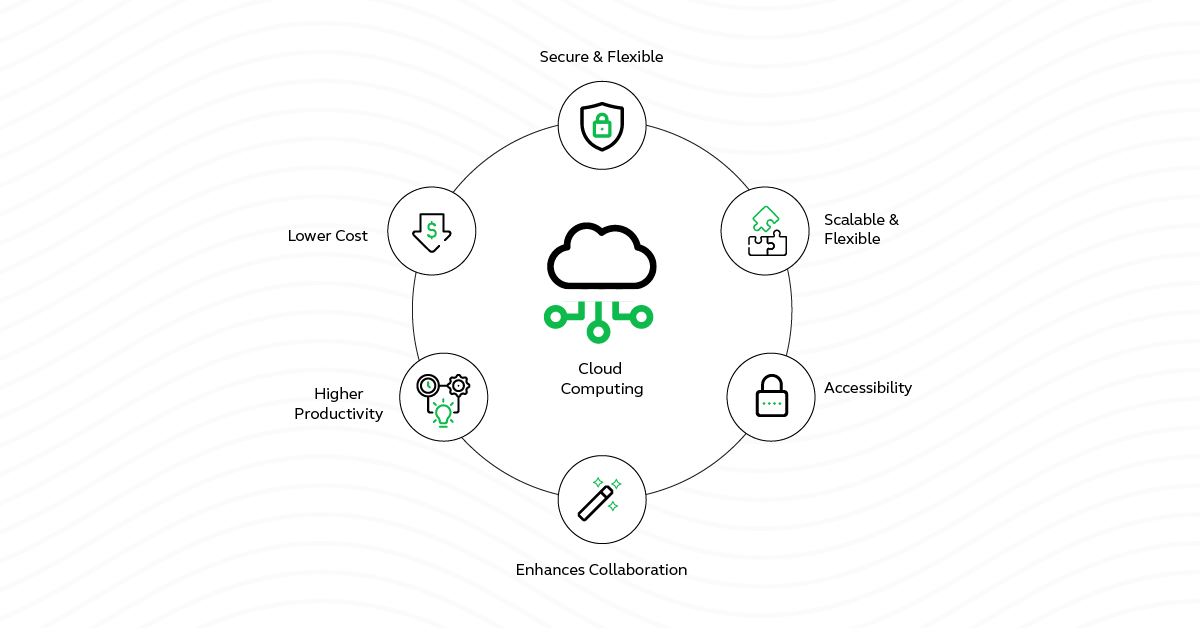
Average Timeframes for Learning Cloud Computing Engineering
The timeframes for learning cloud computing engineering can vary widely depending on your starting point, prior experience, and the depth of knowledge you want to acquire. Here’s a breakdown into short-term, medium-term, and long-term learning:
A. Short-Term Learning (3-6 months)
In a short-term period of 3-6 months, you can learn the basics of cloud computing. You’ll become familiar with cloud platforms and start using cloud services. This is great if you want to get started quickly or focus on specific tasks in cloud computing. Online courses and certifications are excellent for this short-term learning.
You can begin with introductory courses that teach you the essentials of cloud computing. These courses are a quick way to get started and build a foundation for more advanced learning. It’s like learning the ABCs before reading books.
B. Medium-Term Learning (6 months – 2 years)
In the middle part of your learning journey, which could take from 6 months to 2 years, you can go deeper into cloud computing. This is a good time to learn more advanced stuff and work on real projects. If you want to, you can take harder tests or classes that are specific to the kind of cloud system you like.
You can also explore things like DevOps (a way of doing tech stuff), using containers with tools like Docker and Kubernetes, and working with the more advanced parts of cloud networks.
During this time, you can gain skills that are useful for jobs in cloud computing, like being a cloud architect or a security expert. It’s a time to learn more and get hands-on experience, so you’re ready for bigger challenges in the cloud computing world.
C. Long-Term Learning (2 years or more)
Long-term learning in cloud computing means dedicating more than two years to become an expert, like a cloud architect or security specialist. Some people choose to study computer science at a university to get a deep understanding of cloud computing. But that’s just the beginning. The real trick is to keep learning.
This means keeping up with the latest stuff, getting fancy certificates, and getting lots of practice. In the long run, it’s not just about knowing cloud computing; it’s about being the best at it and leading the way in this ever-changing field.
Keep in mind that these timeframes are general estimates, and your progress may vary based on your background, the effort you invest, and the specific areas of cloud computing you choose to focus on. Learning in the field of cloud computing engineering is an ongoing process due to the ever-evolving technology landscape.
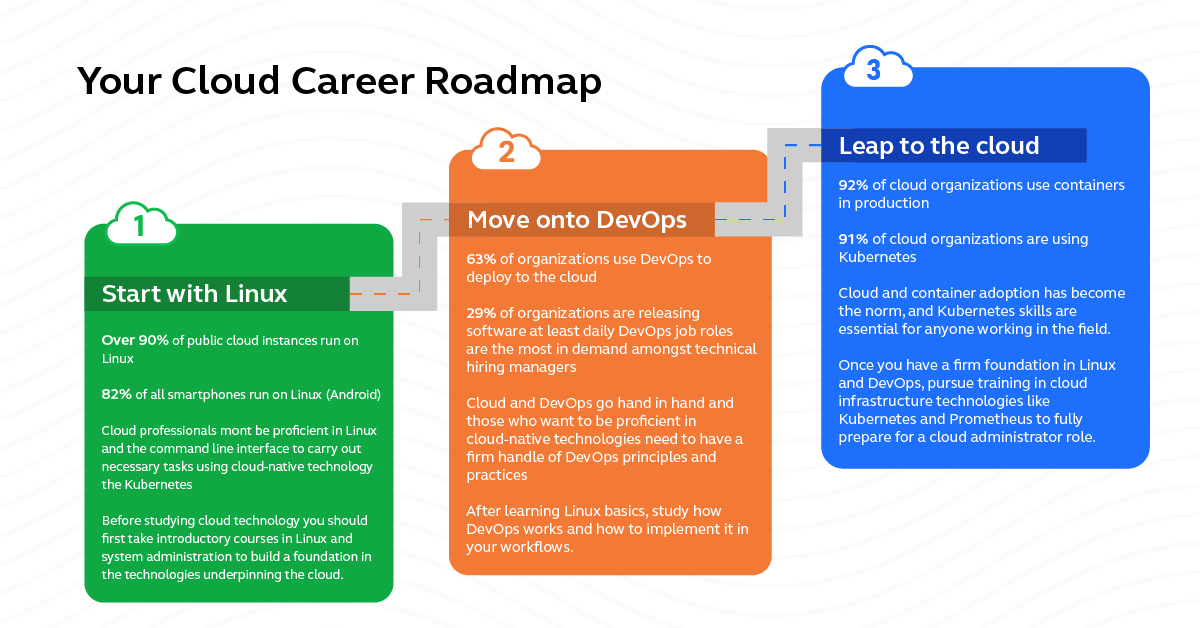
Factors Influencing Learning Duration in Cloud Computing
The duration of learning for a specific IT topic or skill can be influenced by several factors. Let’s explore these factors:
A. Prior IT Experience
If you’ve worked in IT before, especially in similar areas, it can speed up your learning. People with a strong IT background tend to pick up new ideas and skills faster. This is because they already know some things and are good at solving problems. It’s like having a head start in a race; you’re ahead of the game.
Having this experience makes it easier to learn new IT stuff, including cloud computing engineering. In simple terms, previous experience in IT can help you learn faster and become good at cloud computing engineering more quickly, saving you time and effort.
B. Educational Background
Your educational background can make learning easier or harder. If you’ve already studied related IT stuff, you’re off to a good start. You’ll understand complex ideas faster. But remember, you don’t have to have a formal education to succeed in IT. Many successful IT professionals taught themselves.
They used online courses, books, and did hands-on projects. IT is a field where you can learn in different ways. So, whether you have a degree or not, if you’re curious and put in the effort, you can do well in IT.
C. Learning Resources
The kind of learning materials you have can make a big difference in how fast you learn. If you have access to good, well-organized courses, books, and online lessons, you can learn more quickly.
These resources help you understand things easily. On the other hand, if your learning materials are not good or are hard to understand, it can slow down your learning. Confusing or outdated stuff can make you frustrated and waste your time.
The good news is that in today’s world, there are many high-quality learning resources available online, and some of them are free or not very expensive. This means you can pick the best resources that fit your needs, and that can help you learn faster. So, it’s important to choose good materials to speed up your learning.
Utilizing reliable and comprehensive resources is essential for efficient learning. Check out platforms like GUVI, Coursera, edX, and Khan Academy for IT-related courses.
D. Commitment and Dedication
Your determination and hard work are key to learning IT quickly. When you’re really motivated and put in a lot of time and effort, you’ll learn faster. If you practice regularly, set clear goals, and work hard, it’ll take less time to learn. So, your commitment and strong work ethic make a big difference in how fast you can learn IT stuff.
It’s essential to recognize that these factors can vary from person to person, and some individuals may excel in learning despite lacking prior IT experience or formal education. Personal motivation, the availability of quality resources, and a willingness to commit time and effort are often key factors in determining the speed of learning in the IT field.
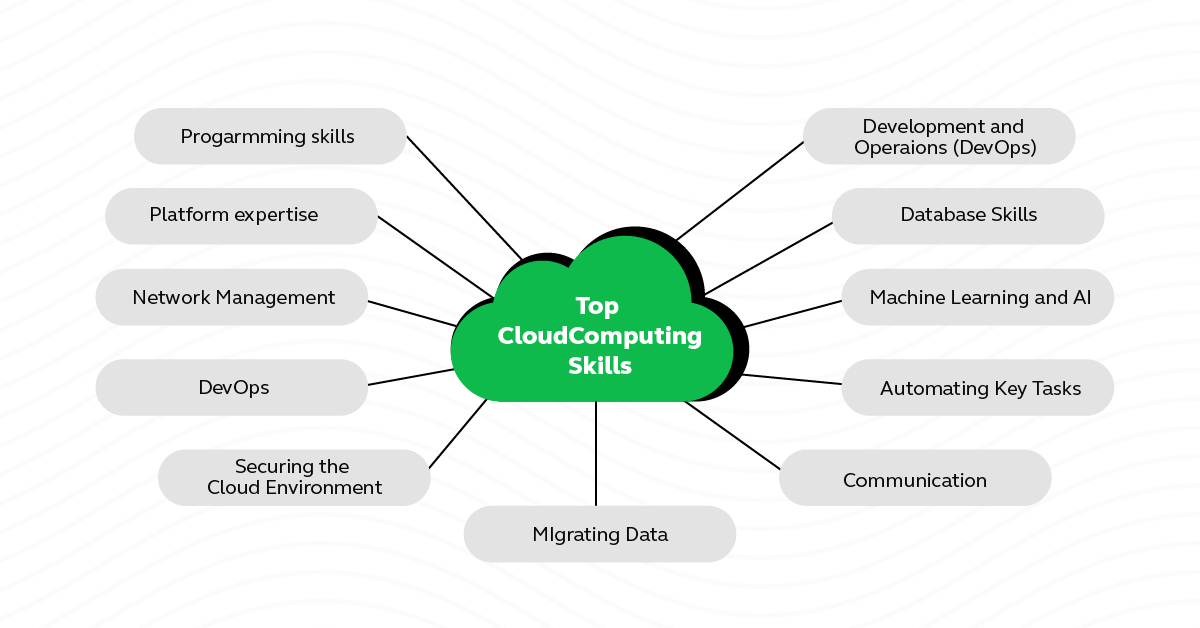
Typical Learning Paths in Cloud Computing
Here are typical learning paths for acquiring IT skills and knowledge, along with links to resources for each path:
A. Formal Education (e.g., Degree Programs)
Getting a bachelor’s or master’s degree in computer science or a similar field is a traditional way to learn IT skills. These programs have structured courses that cover a lot of theory, and you often get to do real projects and internships. Many universities and colleges all over the world offer these kinds of degree programs.
To start, you can look for schools in your area with computer science or IT departments. Going to college or university is a comprehensive way to learn IT, and it can also help you connect with people in the industry and get a good understanding of the theoretical side of IT, which is important if you want to work in technology.
B. Online Courses and Certifications
Online courses and certifications are like digital classes you can take on the internet. They cover lots of different topics and are usually taught by people who really know what they’re talking about.
The great thing about these online courses is that they’re super flexible. You can learn at your own speed and fit them into your schedule. Whether you want to get better at computer stuff, security, or anything related to technology, you can find an online course for it.
And the best part is that these courses are taught by experts. They’re like the pros in the field, and they share their knowledge and experience with you. It’s a fantastic way to learn the latest stuff and how it’s used in the real world.
So, if you want to get better at tech stuff, these online courses and certifications are a fantastic option. They’re like a digital school for tech enthusiasts.
You can enroll in courses on platforms like:
- GUVI
- Coursera
- edX
- Udemy
IT certifications, such as:
C. Self-Study and Practical Experience
Self-study means learning IT skills on your own using books, online guides, and tutorials. Practical experience involves working on real projects, creating your own practice setups, and trying out technology in real situations.
When you teach yourself and practice hands-on, you can learn at your own speed and understand things better. It’s a great way to gain and improve IT skills, which are essential in the ever-changing world of technology. So, if you’re interested in IT, self-study and practical experience are your friends for becoming better at it.
Some helpful self-study resources include:
- Books on IT and programming (e.g., “Python Crash Course” by Eric Matthes for programming).
- Online documentation and forums for specific technologies (e.g., Python Official Documentation).
- Hands-on practice with virtual labs and open-source projects.
- GitHub, where you can find and contribute to open-source projects.
The choice of learning path depends on your goals, budget, and learning style. Many successful IT professionals combine elements from multiple paths to build a well-rounded skill set. Self-motivation and continuous learning are often key to success in the ever-evolving field of IT.
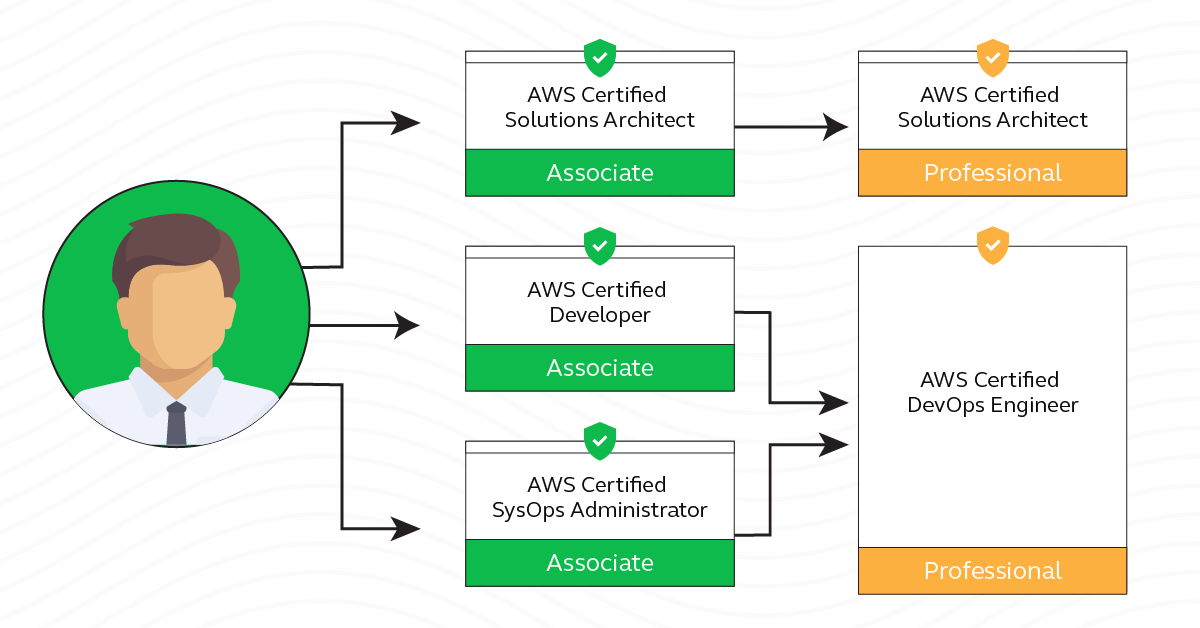
Accelerated Learning Tips for Cloud Computing
Accelerated learning is about maximizing the efficiency of your learning process to acquire knowledge and skills quickly. Here are some tips for accelerated learning:
A. Creating a Structured Study Plan
- Define what you want to achieve with your learning. Break down your goals into smaller, manageable objectives.
- Create a schedule that allocates specific time blocks for learning. Consistency is key to accelerated learning.
- Identify the best courses, books, and online tutorials for your chosen topic.
- Engage with the material actively through note-taking, summarization, and practice problems.
- Periodically assess your progress and adjust your study plan as needed.
B. Hands-On Experience
- Apply what you learn through hands-on practice. Experiment with real-world projects or create your own scenarios.
- Many cloud service providers offer free-tier accounts and virtual labs, allowing you to gain practical experience without cost.
- Contribute to open-source projects related to your field to enhance your skills.
- Challenge yourself with real problems and troubleshoot issues as they arise.
C. Networking and Collaborating
- Collaborate with others who are also learning or are experienced in the field. This can help you gain insights, share resources, and receive feedback.
- Join forums, social media groups, and online communities related to your topic. Platforms like Stack Overflow, GitHub, and Reddit are excellent for networking.
- Seek out mentors or experts in your chosen field who can guide you and provide valuable insights.
- Participate in hackathons and attend tech meetups to meet like-minded individuals and work on practical projects.
Accelerated learning requires dedication and focus. To learn things quickly, you need to work hard and stay focused. But if you make a good plan, practice a lot, and have people to help you, you can speed up your learning.
So, with a good plan, practice, and support, you can learn things faster and open up new opportunities in a shorter time.
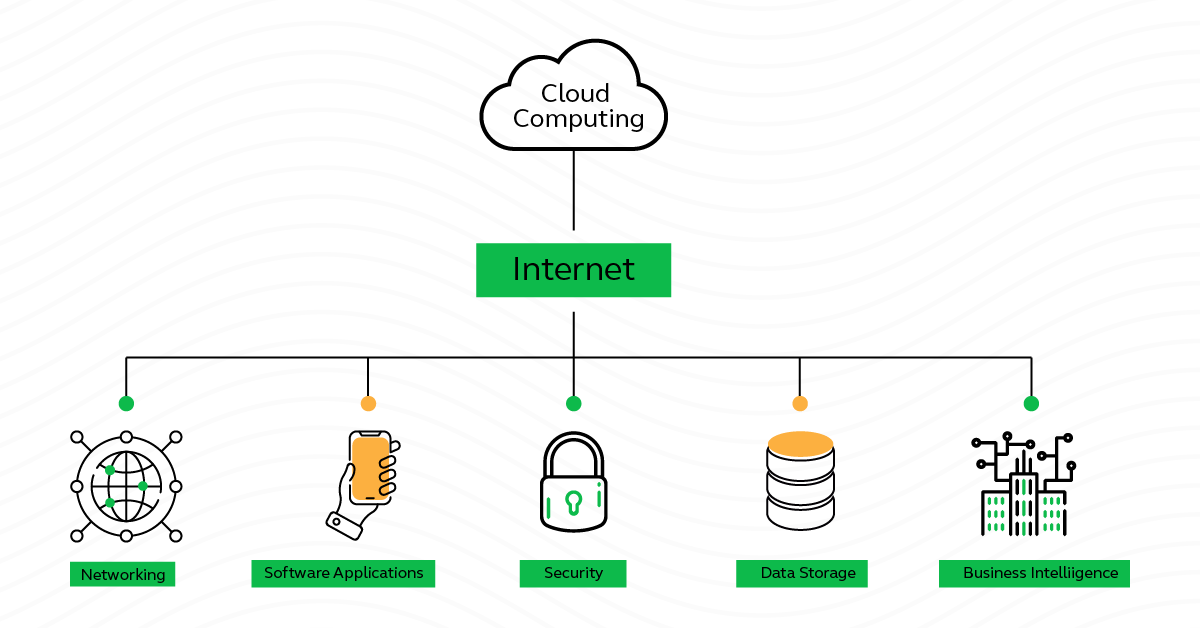
Conclusion
Learning cloud computing engineering depends on your background, commitment, and the level of expertise you want to achieve. Short-term, medium-term, and long-term learning paths are possible.
Learning cloud computing engineering isn’t a one-size-fits-all journey. It varies from a few months for basics to several years for advanced skills.
If you’re passionate about cloud computing, don’t worry about how long it might take. Start learning, set goals, practice, and connect with others in the field. The cloud computing world is full of opportunities, and your journey is just beginning. Enjoy the ride!
FAQs
Learning the basics of cloud computing engineering, including understanding core concepts and using fundamental cloud services, can take anywhere from a few weeks to a few months, depending on your prior knowledge and the time you dedicate to learning.
Becoming proficient in cloud computing engineering, where you can design, implement, and manage complex cloud solutions, often takes several months to a few years. The timeframe can vary widely based on your background and the depth of expertise you aim to achieve.
Yes, it’s possible to learn cloud computing engineering relatively quickly, even if you don’t have prior IT experience. With the right resources, a structured learning plan, and dedication, you can gain essential skills within a few months, and then continue to expand your knowledge over time.

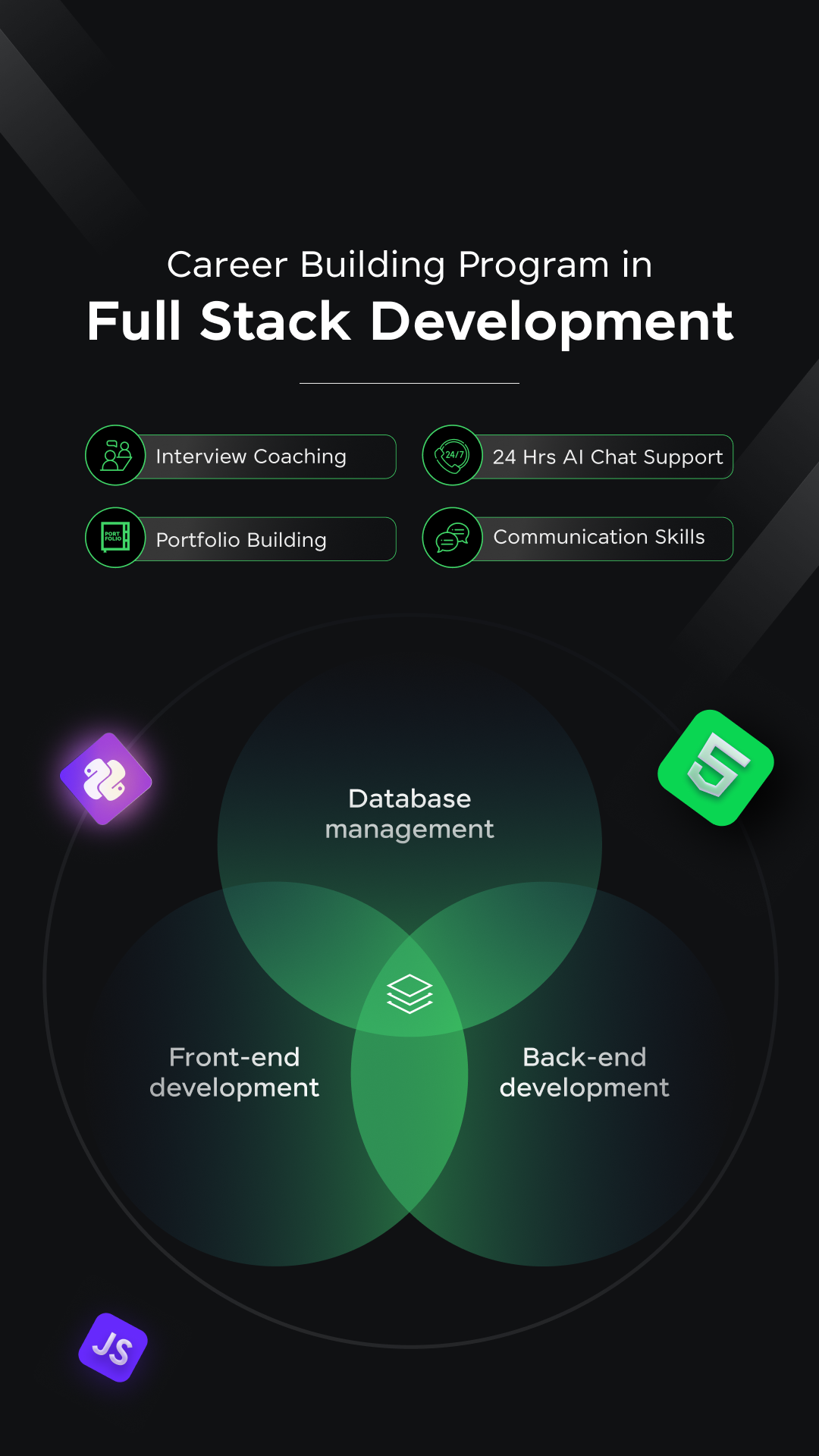
















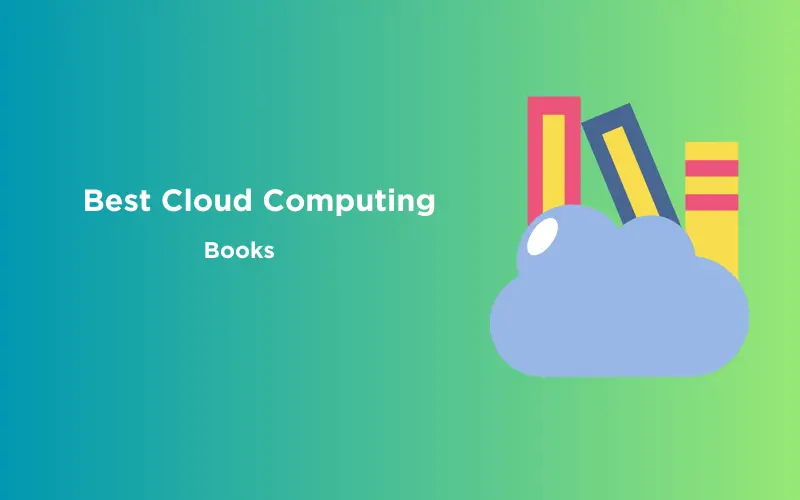

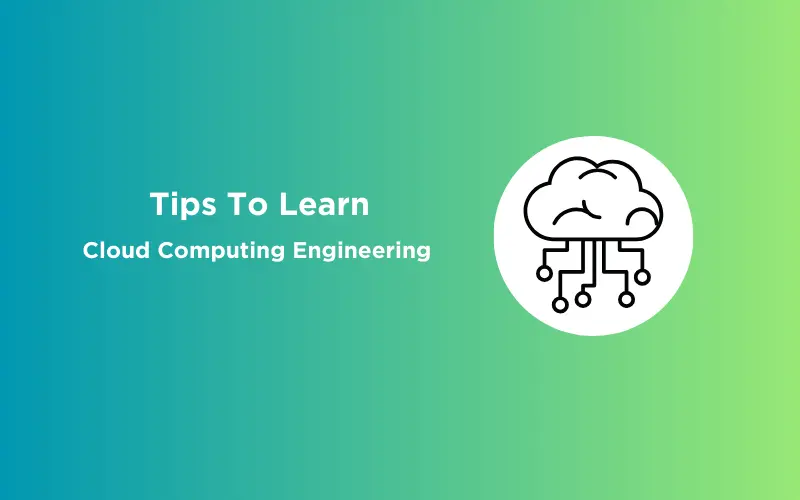

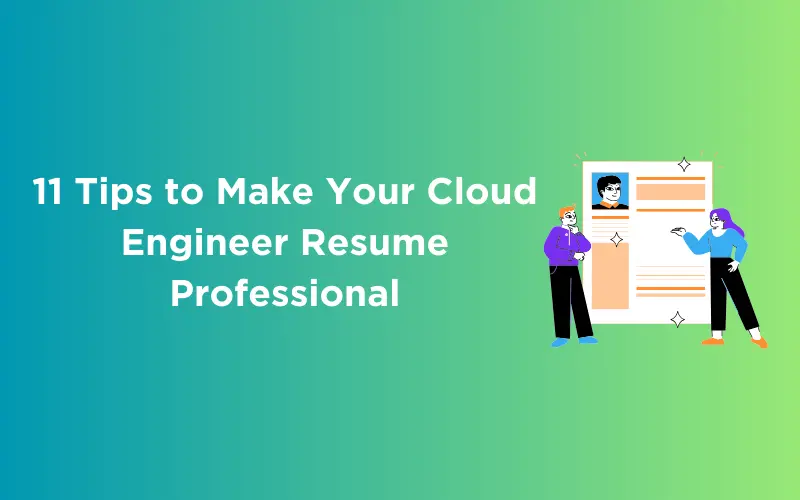
![Code to Cloud Using Terraform and AWS: The Epic Guide to Automated Deployment [2025] 12 Terraform and AWS](https://www.guvi.in/blog/wp-content/uploads/2024/04/Code-To-Cloud-Using-Terraform-And-AWS-1.webp)
![Top 10 Cloud Computing Project Ideas [2025] 13 Cloud Computing Project Ideas](https://www.guvi.in/blog/wp-content/uploads/2024/01/Cloud-Computing-Project-Ideas.webp)
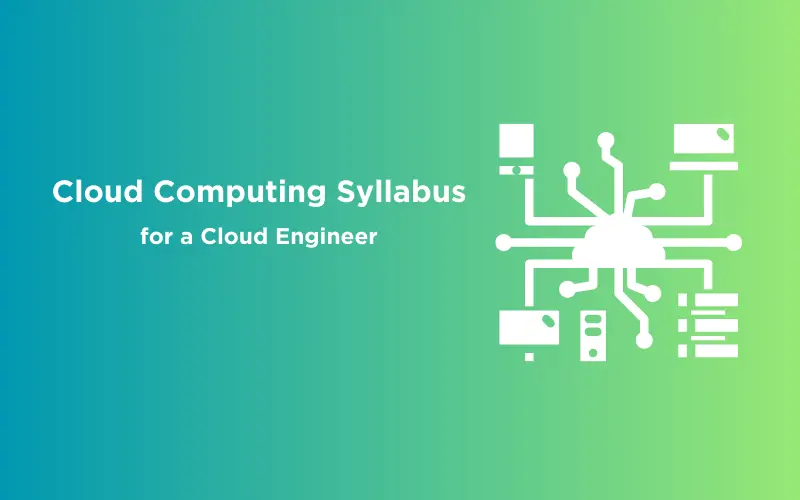
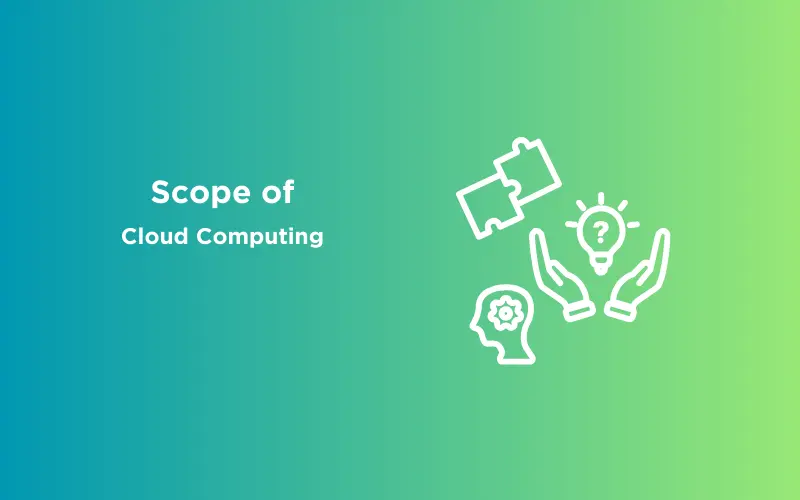

Enjoy the write up. Wish to study Cloud Computing